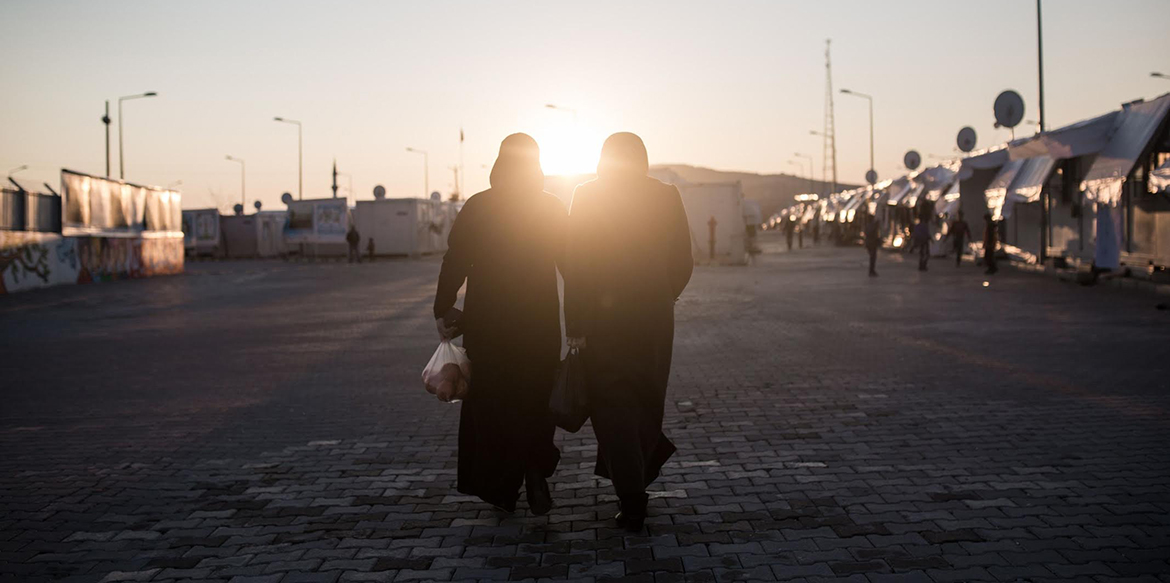16 Days of Activism Against Gender-Based Violence
November 25, 2016 marks the beginning of the global 16 Days of Activism Against Gender-Based Violence Campaign, an international campaign which commences on the International Day for the Elimination of Violence against Women (Nov 25) and concludes on International Human Rights Day (Dec 10).
In the context of this year’s campaign, Hivos’ Women on the Frontline programme is bringing to the fore the work being done by the Women on the Frontline members in Syria to end violence against Syrian women and to stipulate war is the worst form of violence. Clearly, the elimination of this violence is a precondition for rebuilding a peaceful Syria.
Once taboo, the Assad government has arrested, tortured, and killed women at unprecedented rates while rebel and extremist groups of all ideologies have engaged in the systematic marginalization and repression of Syrian women within their respective territories. Even outside Syria, women refugees are doubly at risk, made vulnerable both by their refugee status and their status as women.
Over the next 16 days, we will publish a series of stories of Women on the Frontline members in Syria. Through recounting their personal stories, and the essential work that their organizations do, each story provides a unique perspective and call for action to end violence against women:
The Stories
25 November: In The End of Dictatorship, Once and For All, Samira Zair from the Syrian Women’s Network addresses the importance of placing women and women’s rights at the center of all solution-based activities in Syria, lest, as she describes it, the future Syria simply replace one form of dictatorship with another.
28 November: In Storytelling for Change, Inaam Charaf and Youssef Shekho describe how the Saiedet Souria magazine uses storytelling as a means for everyday Syrian women to find their voice and to use this voice to work toward a better Syria based on peace, justice, and the provision of full rights to women. To date, Saiedet Souria has distributed over 150,000 copies of its magazine by and for Syrian women.
2 December: In Building a Culture of Peace, Ayham Alhuseen of Badael discusses his work supporting on-the-ground civil society initiatives in Syria. In particular, he discusses how local civil society initiatives, including those lead by women, are establishing a new culture of peacebuilding, even in the midst of an ongoing civil war. This year Badael published an extensive study on women’s peace activism in Syria.
6 December: In Come As You Are, Noura Burhan from the Center for Civil Society and Democracy in Syria (CCSD) recounts the success of Syria’s 25 “peace circles,” which are small groups of women throughout Syria that work on the local level to increase women’s rights and transform women into local community leaders.
10 December: Finally, in The Letter of the Law, Sawsan Zakzak from the Syrian Women’s League presents her latest research findings on the state of violence against Syrian women and discusses how the ongoing phenomena of gender-based violence is rooted in existing Syrian law.




